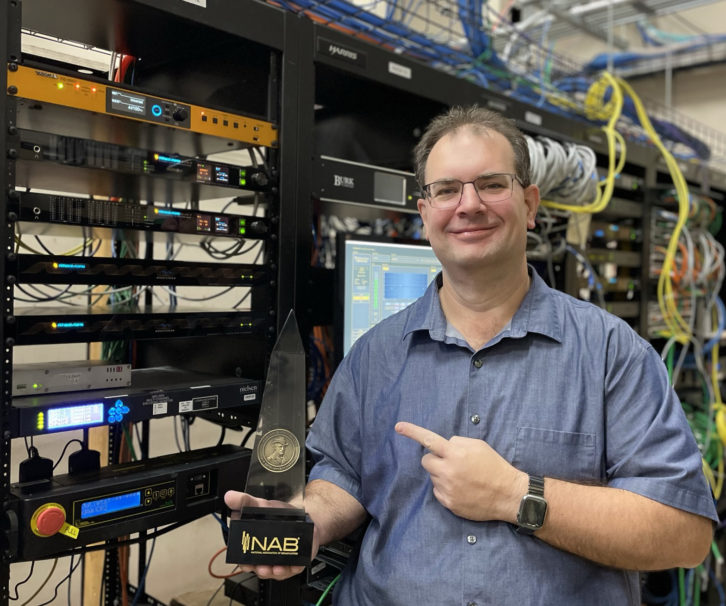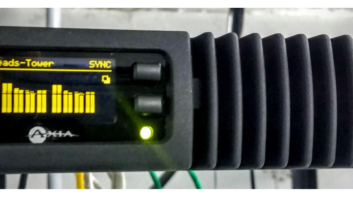Radio World Buyer’s Guide articles are intended to help readers understand why their colleagues chose particular products to solve various technical situations. This month’s articles focus on products that support streaming, podcasting and online content delivery.
Another Windows update was the last thing Morgan Grammer wanted to do when he took over engineering the replacement hardware for Cox radio’s 200-plus streams as the DOE for Cox Media Group – Radio, Tulsa.
“We were looking at PC refreshes for 57 stations in 20 markets and all their HD channels plus all the on-demand channels, and we were thinking ‘will this even work with Windows 11?’” said Grammer, referring to the group’s legacy streaming system.
Grammer, along with Cox DOE George Corso, Miami, replaced banks of PCs with a main and backup Wheatstream or Streamblade AoIP appliance per market in most cases.
Each WheatNet-IP appliance is capable of eight channels in and 32 output streams for both MP3 and AAC encoding to redundant CDNs, and provides provisioning, metadata support and audio processing for each unique stream.

[Read More Buyers Guide Reviews Here]
In addition to not having to worry about Windows updates, Grammer told Wheatstone that Cox stations benefit from the appliances’ audio processing specifically designed for streaming.
“We can maintain the excitement that comes with radio without having to clip everything to 0 dBFS, which we don’t want for streaming because the codec can really turn that into grunge,” said Grammar. He added that level matching between sources is another benefit of the Streamblade/Wheatstream appliances.
“We ingest a lot of different sources from our ad partners and the last thing we want is music at one level and then deafening our listeners with an ad that comes on after,” he said.
“The overarching goal was to be able to spin up channels on a whim and process them for a large variety of source material and having it sound good coming out the other end,” he added.
In fact, Cox station KRMG-FM in Tulsa recently won its seventh NAB Marconi Award for news coverage; and as this article was being prepared, Grammer was in the process of putting up a secondary stream for breaking news as a result.
All streaming is native to the WheatNet-IP audio network used in Cox studios, with no AD/DA required, and because the AoIP appliances include the Nielsen watermark audio software encoder, that saves additional units in the rack, which is more complexity that Grammer can do without.
“That’s the beauty of the box. We can keep adding more licenses and grow as we come up with more channels without having to redeploy more hardware,” he said.












